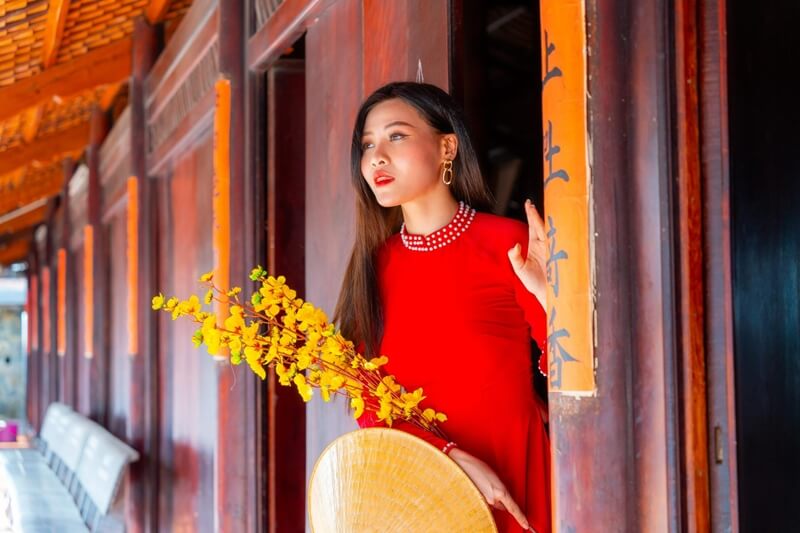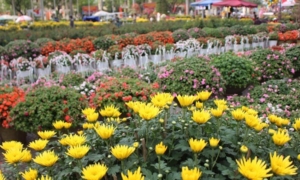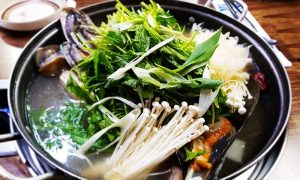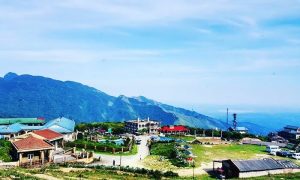Vietnam celebrates several important holidays each year, reflecting its rich cultural heritage. Some are official national holidays, while others, though not officially recognized, are still widely observed by locals.
Let’s check them now!
I. The table of public holidays in Vietnam
| Holidays in Vietnam | Solar Date in 2024 | Solar Date in 2025 | Solar Date in 2026 |
| Solar New Year | 1-Jan | 1-Jan | 1-Jan |
| Lunar New Year | 08,09 & 12,13,14- Feb | 27,28,29,30,31- Jan | 16,17,18,19,20- Feb |
| Hung King’s death anniversary | 18-Apr | 7-Apr | 27-Apr |
| Unification Holiday | 30-Apr | 30-Apr | 30-Apr |
| International Labor Day 1/5 | 1-May | 1-May | 1-May |
| Independence Day | 02,03- Sep | 01,02- Sep | 01,02- Sep |
| Mid-Year Tet | 10-Jun | 31-May | 19-Jun |
| Fullmoon Festival | 17-Sep | 6-Sep | 25-Sep |
II. A Closer look at Vietnam’s key festivals and cultural celebrations
1. The Solar New Year Holiday
Vietnam’s New Year is on January 1, the same solar date as other countries, marking the beginning of the solar calendar year.
It is a national holiday celebrated with activities such as fireworks in major cities like Hanoi and Ho Chi Minh City.
While not deeply rooted in traditional Vietnamese culture, people typically spend the day off enjoying leisure activities with family and friends.
2. Lunar New Year Holidays (Tet)
Tet, the Lunar New Year, is Vietnam’s most significant festival, celebrated from late January to late February. It involves extensive preparations starting in the 12th lunar month, with families cleaning, decorating homes, and performing rituals like the Ong Tao ceremony.
Tet holidays often last four days, but if the weekends are next to these days, the holidays can be longer, up to six or seven days.
It’s a time for family reunions, ancestor worship, and exchanging good wishes. Traditional foods and new clothes are central, and children receive lucky money for prosperity.
3. Hung King’s Death Anniversary
The Hung King’s Death Anniversary occurs annually on the tenth day of the third lunar month. It honors Vietnam’s legendary first kings and pays tribute to ancestors who built the nation.
The main ceremony occurs at King Hung’s Temple in Phu Tho province, featuring rituals like offering Banh Chung and Banh Day for national peace and prosperity. It serves as a reminder of Vietnamese heritage and unity.
4. Unification Holiday (April 30)
April 30 marks Vietnam’s Unification Day, commemorating the end of the Vietnam War in 1975 and the country’s reunification. It’s celebrated with ceremonies at landmarks like the Independence Palace in Ho Chi Minh City, often featuring patriotic displays and fireworks.
5. International Labor Day (May 1)
International Labor Day, which occurs on May 1, is also an official holiday in Vietnam, providing workers with paid time off.
Combined with the Unification Holiday (April 30), this holiday lasts longer than a day, encouraging travel and workers’ reunions nationwide.
6. Independence Day (September 2)
September 2 is celebrated as Independence Day in Vietnam, commemorating President Ho Chi Minh’s Declaration of Independence in 1945 at Ba Dinh Square, Hanoi.
This public holiday is marked with cultural activities nationwide, including flag displays and fireworks in major cities like Hanoi and Ho Chi Minh City. Employees typically enjoy a two-day holiday around this date.
7. Tet Doan Ngo (Mid-year Tet)
Tet Doan Ngo falls on the fifth day of the fifth lunar month, emphasizing family gatherings and ancestral worship. While not an official holiday, it holds cultural significance, with traditional dishes like ash cake and duck meat prepared for offerings.
8. Mid-Autumn Festival
The Mid-Autumn Festival celebrated on the 15th day of the eighth lunar month, marks the end of the harvest season in Vietnam.
Although not an official holiday, this festival features lively lion and dragon dances and the exchange of traditional and modern mooncakes, symbolizing unity and gratitude.




